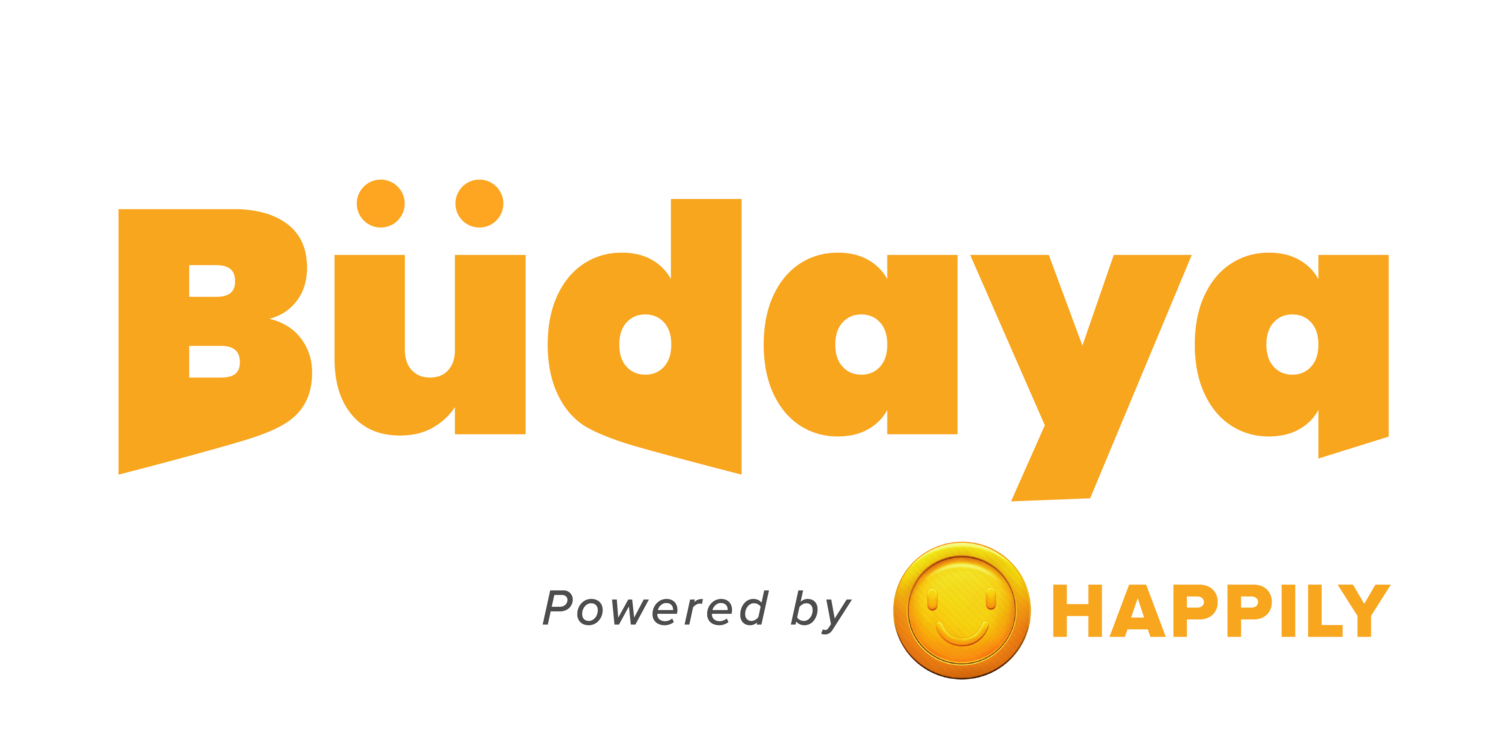
What companies can do to keep employee engagement
By Eva Christodoulou
We are all responsible for our own wellbeing, sense of fulfillment and satisfaction, ultimately. We are in charge of our own journey, and we have to find a way to draw this journey in a way that suits us best, because, after all, who can know what we really want out of life better than us?
However, when it comes to employee engagement and making sure people in an organisation feel that they belong, feel committed and give 100% to the work they do, it is to the benefit of organisations to ensure that their people stay committed to the company. When employees are happy and enthusiastic about their job and the organization, they tend to be better employees, which comes with many benefits, including:
Improved business performance
Increased productivity
Higher employee retention
More quality work
Improved competitive advantage
Improved customer service
Increased ROI in employees
As much as the onus of being interested and engaged in what we work on falls on us, the individual, the organisation we work for also has a big role to play. Think about it this way. You develop a person, you teach him all the right skills, knowledge, attitude. You release them in an environment that it’s stifling the spirit of enthusiasm, energy and new ideas this individual has. In the end, this person will only very occasionally achieve great things. If, however, you release them in an environment that is a lot more conducive, they are likely to achieve much more.
What can organisations do to ensure they help their people stay interested, committed and engaged in the work that they do? There’s a lot for organisations to gain, so let me share some thoughts.
Different organisations focus on different aspects of engagement, or employee experience as is the new way of talking about it. We have many new, modern organisations that are looking at the office ambience as a primary driver for this. Cool office space, with beanbags, foosball tables and playstation games, and then we have organisations that focus on activities – building a health club, having a lot of sports activities or social events for employees. Now of course all this has been disturbed and online alternatives had to be invented during the last year or so due to the lockdowns and the disruption we’ve experienced and we are still experiencing.
Perhaps even more intentional and with a deeper impact however, companies can focus on a few areas to build stronger engagement in the workplace – or, perhaps more accurately these days, among the working population of the company. Don’t forget, the physical proximity that we used to have with our managers and colleagues in the past may not be the norm, going forward. Many companies have already set this ‘new normal’ of remote working as the permanent way forward.
We live in an era of change – gig economy taking over, people working remotely, and engagement has to rely on deeper, more personal forms. This goes beyond engagement strategies that involve a physical element, like congregating for activities physically, or sharing and enjoying an amazing office pantry together.
One of them is building a stronger understanding of what people are thinking of, and how they feel. Understanding on a daily and weekly basis why they think in a specific way, and how you can help them make sense of their thoughts, ideas and emotions. Having a structure in place that allows this information to flow, especially between managers and team members, and a way to tackle any issues that may arise early on can improve engagement significantly.
Another is the space to give and receive recognition. Publicly recognizing people on their efforts and allowing them the space to recognize others for things that they value creates a culture of belonging and nurtures highly valued individuals that tend to be even more interested in carrying on with the great work they do.
Yet another is the feeling of belonging. Being part of a team, bonding and interacting with colleagues and getting to know how best to work with them can help people in their work and productivity. Understanding how people in your team or the organisation think and work, what they value, and what sort of projects and activities they are involved in helps build a sense of community – a concept we humans have gravitated towards since our hunter gatherer ancestors.
We live in an era of change – gig economy taking over, people working remotely, and engagement has to rely on deeper, more personal forms. This goes beyond engagement strategies that involve a physical element, like congregating for activities physically, or sharing and enjoying an amazing office pantry together.
This last year, the phrase ‘we are in it together’ has been quoted much more than usual, it feels. Learning and growing together in organisations, learning from each other and supporting others’ learning needs builds a sense of camaraderie and increases the feeling of being supported and cared for as an individual.
And then it’s the openness to give and receive feedback to colleagues. Learning and improving yourself, while you help others by pointing out where to focus. After all, we are not perfect. We can all learn from each other, and ensuring the intentions are good, and the system is in place to facilitate some of this feedback conversations, can benefit individuals and organisation alike.
These go way beyond compensation and a cool office, even though those would contribute substantially, too. Having personalized rewards for those that are staying committed and perform consistently can also help.
Over this month, I’ll try to offer some ideas and share some information on how companies can work towards a more engaged workforce – for the benefit of the individual, as well as the organisation.
-Published May 2, 2021

